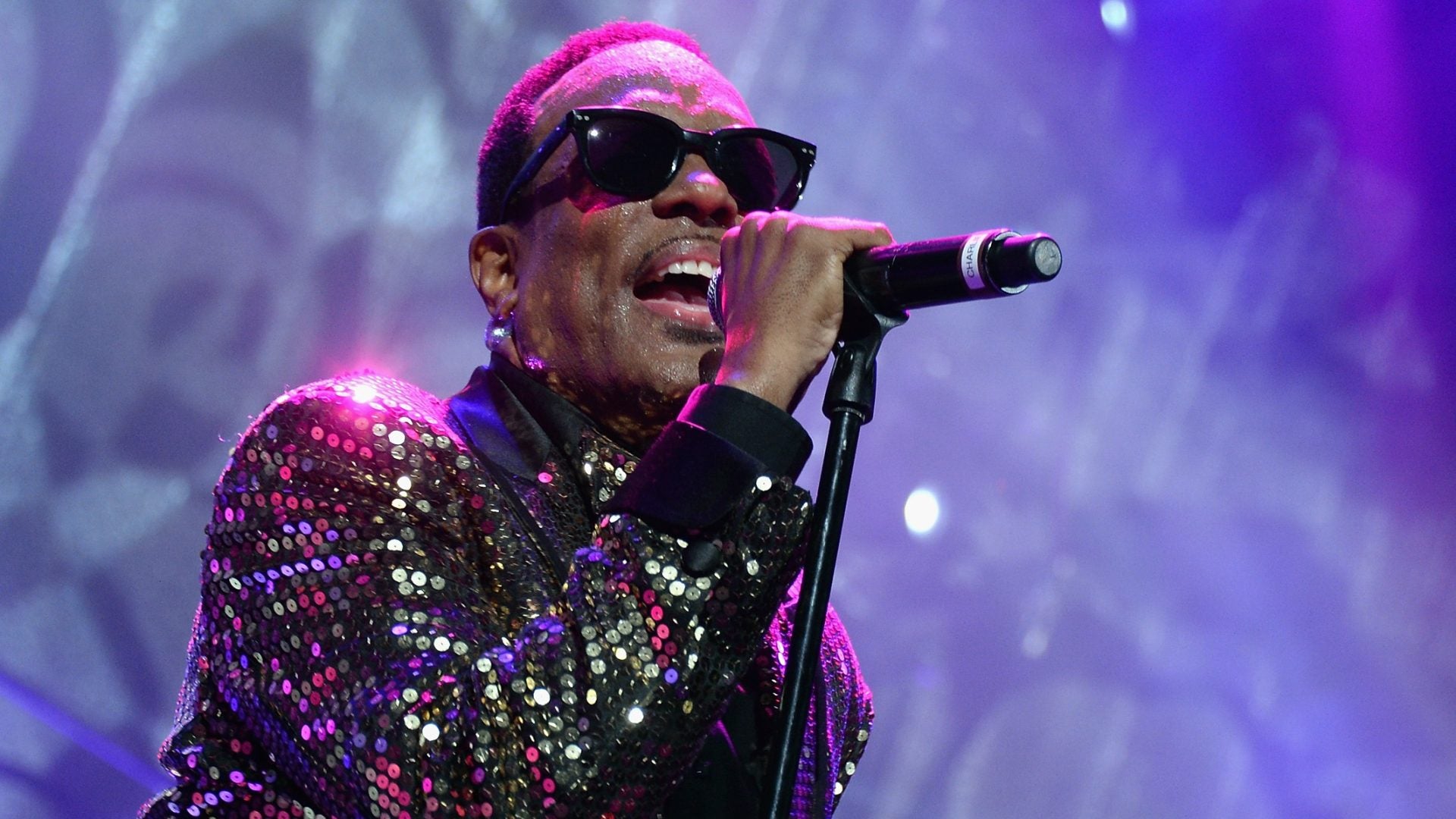
As we continue to mourn the life of George Floyd, who was killed by a police officer in Minneapolis on May 25, 2020, ESSENCE spoke with leaders of Movement For Black Lives (M4BL) about progress since the worldwide protests against police violence.
According to a report from the National Council of State Legislatures (NCSL), since May 2020, “every state has introduced legislation, with a total of over 4,500 bills considered across the country.”
Additionally, “at least 25 states and Washington, D.C. have enacted legislation limiting the use of neck restraints, and at least 20 states addressed state level standards for use of force;” however, the same cannot be said at the federal level.
M4BL is a coalition representing the interests of Black communities across the country, and some of the movement’s leaders discussed the aftermath of the great “racial reckoning.”
When asked about the lack of progress at the federal level, M. Adams, a member of the Movement for Black Lives leadership team told ESSENCE “the fact that there hasn’t been a change is not a reflection of the people and communities on the ground doing the work.”
“The resistance work that we saw in 2020, with millions in the streets, that same momentum and energy is continuing,” Adams continued. “So it is the fault of leadership not hearing what people on the ground are saying, and in particular not being aggressive and affirmative in protecting Black people against police violence.”
“Part of what people focused on is how the justice and policing bill failed, which was the George Floyd Act, that really centered around some specific pieces of banning chokeholds and ending qualified immunity,” added Monifa Bandele, member of the Movement for Black Lives policy table leadership team. “But, one big piece on the federal level that has been advanced is that there’s just a whole other conversation about what community safety looks like and how we should be resourcing that through new champions in Congress.”
Bandele remains hopeful and proud of the progress that has been made, however, telling ESSENCE, “the other difference since 2020, is who’s in Congress. Going into 2020, there was a squad of four, and then there was six, and now there’s like 10, there’s a growing cohort of federal legislators who represent the sentiment of the Movement for Black Lives, and they are embodying the calls that are happening in 2020.”
“So, I feel electoral progress, and of course, 10 amongst hundreds seems like a drop in the bucket, but it’s a new voice that we didn’t have before,” she shared. “The People’s Response Act, now only a year old, is going to get reintroduced this year, and is hugely, hugely progressive, and it’s exactly what people are calling for, written into federal legislation.”
With regard to whether or not the protests were in vain, Adams said “Many people had the belief that if we resisted and showed our humanity, that would be enough with those in power to make change. But it was not. I think it’s important for folks who are on the ground, who are in communities, who are protesting to understand that this much change was created, or at least this much attention was drawn to the issue, because of that protest work, so it was not in vain.”
But, “there’s definitely been a backlash, it’s like taking two steps forward and getting pushed one step back,” commented Bandele, “and it can feel very demoralizing.”
As Bandele astutely noted, “the voting restrictions and voter suppression since 2020 has intensified, laws to prohibit protests since 2020 have intensified, that’s because it was so powerful. You wouldn’t do measures to push back on something unless there was an idea there that these things could win, but I see that we are continuing to win….we are making progress, but what we’re in right now is the backlash.”
Nevertheless, Adams is excited about the future progress for what M4BL is hoping to accomplish in the next three years, stating “we’re going to continue to resist on the ground and challenge the electorate and those elected to office to be on the side of rights, health, safety and dignity of Black folks. We are looking forward to continuing to see resistance that is challenging the way people are thinking about policing and public safety.”





